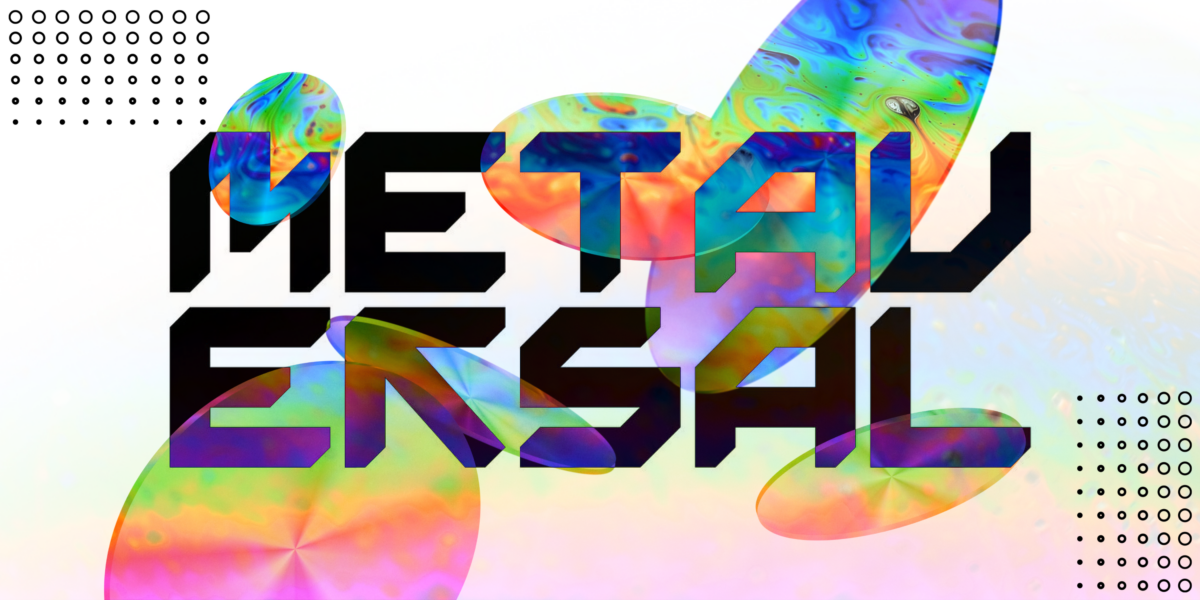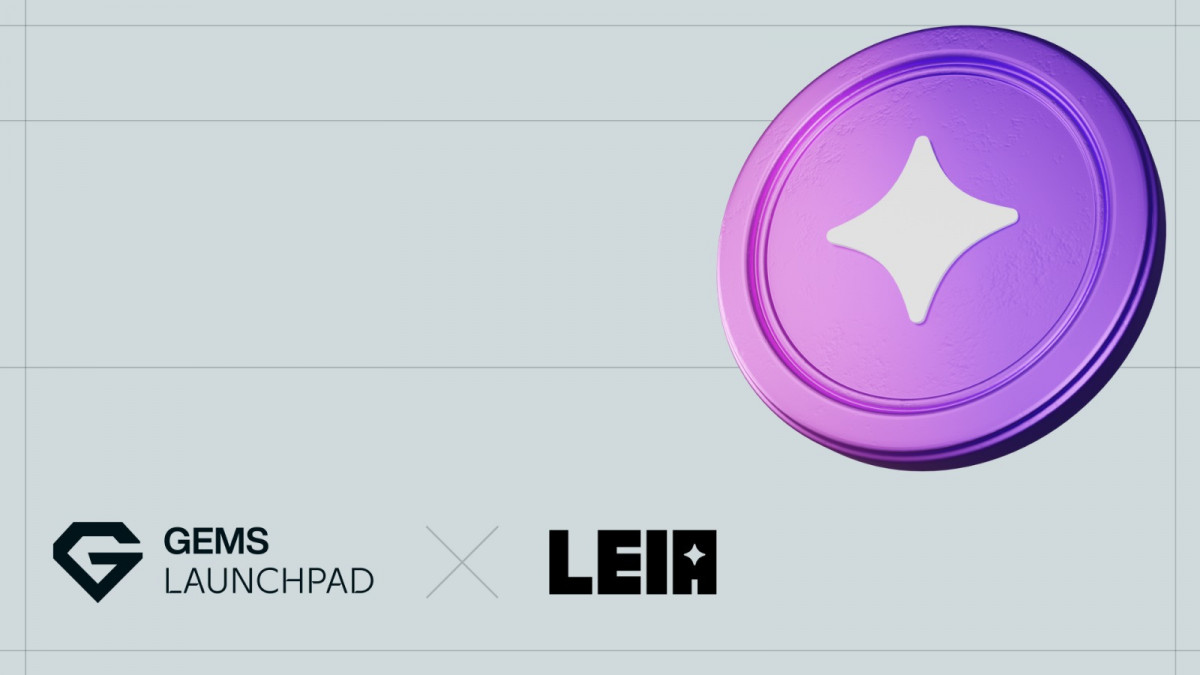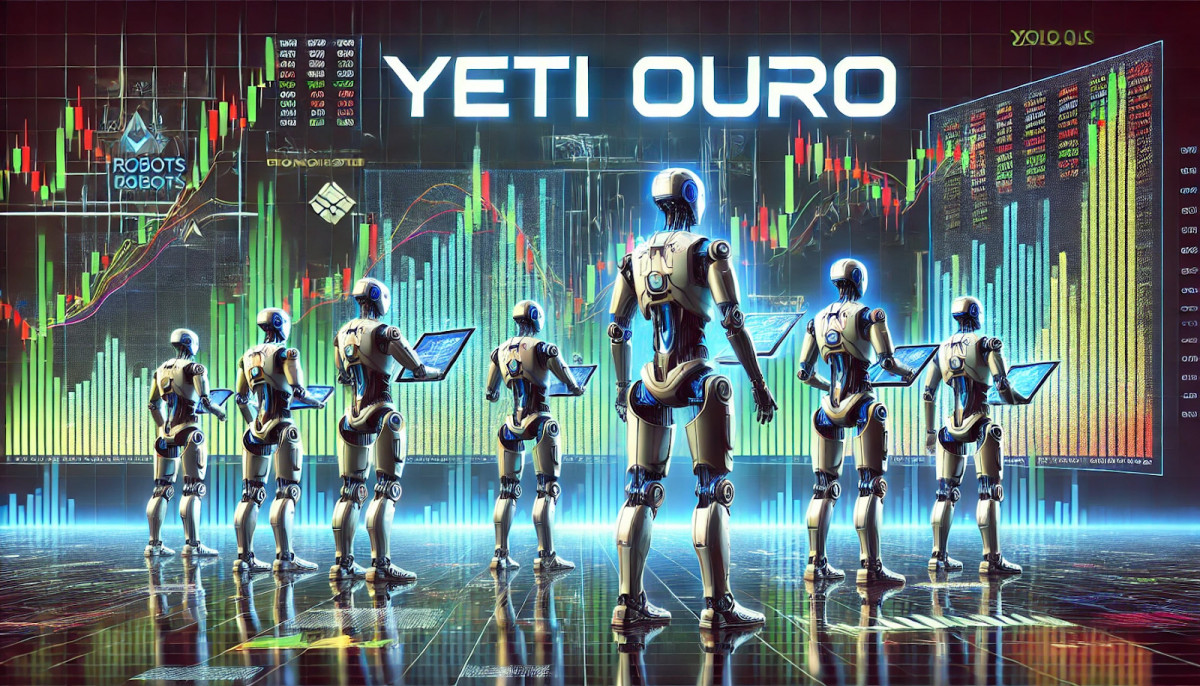In August 2021, the Web3 community was introduced to Nouns — randomly-generated NFT characters that have since seen over $47 million in sales. While there are 505 Nouns in existence at the time of writing, this story begins with Noun #9, a bat who inspired Metaversal’s 2,000-piece NFT collection that grows by the day.
Since its inception in 2021, Metaversal has established itself as a burgeoning global Web3 enterprise, combining an investment firm with a venture studio with a mission to inspire and empower the next generation of creators. Just months after Nouns was introduced, Metaversal began its quest to acquire iconic NFT assets that represent the cornerstones of this new technology.
In the following years, Metaversal would grow its collection and business with a Squiggle acquisition, partnerships with famed generative artists, and investments in robots redefining the art industry.
By bridging the gap between investment, curation, and creation, Metaversal operates in a state of constant collaboration across all of its initiatives. The investment team informs studio strategies, and the studio team’s expertise informs investment decisions.
The key to all of this is their 360-degree investment approach, unique value proposition, and goal of curating and educating others on this emergent technology and its potential.
A 360-approach
Once the Metaversal team identifies a person or project that aligns with their mission to build a creator-first future — they get to work. As an active, value-add investor, Metaversal prides itself on taking key roles within teams and acting as a catalyst for new partnerships and synergistic opportunities.
“If Metaversal or a portfolio company within our ecosystem can’t be of value, the deal simply isn’t a good fit,” Dan Schmerin, Metaversal Co-Founder explains.
An example of this begins with Metaversal’s acquisition of three pieces from famed generative artist Sofia Crespo.
“We believe AI and generative art will redefine the relationship humanity has with computers, expression, and the creative process.”
Matt Miller, Metaversal Investment Analyst
“Following our acquisition, we invited Sofia onto our social channels to help amplify her amazing talent,” says Metaversal Investment Analyst, Matt Miller. She also agreed to participate in MetaLetters, a Metaversal initiative to support emerging digital artists. One of Crespo’s works will be recreated for exhibition thanks to a collaboration with one of Metaversal’s newest portfolio companies: ArtMatr. The robotics company uses proprietary machinery and software to build IRL re-creations of high-fidelity digital art.
“We believe AI and generative art will redefine the relationship humanity has with computers, expression, and the creative process,” says Miller. “Sofia Crespo is a pioneer in the space, and we’re convinced she will be recognized as such as the art form evolves.”
Unique value proposition
Long gone are the days of copy-and-paste projects and protocols. Each project must have a unique value proposition to rise above the noise and stand out in Web3.
When evaluating potential deals, the Metaversal team asks itself two important questions: What makes the project unique and irreplaceable in its value proposition? And who is the founding team?
Founders
Like many early-stage tech investments, there needs to be a high level of conviction around the capabilities of the founding team. While track record and reputation are important, Metaversal also emphasizes passion, transparency, humility, and of course, demonstrable skill. Founders with these qualities are best fit to weather the unpredictable nature of Web3 and remain steadfast through all market conditions.

Take the Exosama team for example, led by Donnie Big Bags. “They have a strong community plus founders that have consistently delivered value to holders despite the current market,” says Yossi Hasson, Co-Founder, and CEO of Metaversal.
Further, they exemplify “creative audacity” — a trait Investment Analyst Jameson Mah experienced in his early days participating in the Exosama community before Metaversal’s investment. “It was an entirely Telegram-based community at the time, purposely opaque, and with a grueling allowlist process,” he says. In the end, it was worth it. Exosama’s founders recognized Mah’s efforts, noting that few community members had completed the deliberately arduous challenges.
“We believe in getting in the trenches rather than approaching communities from an ivory tower,” Mah explains. “It’s critical not only to understand what makes a project or its community special but also for developing trust.”
“We look forward to collaborating with the Exosama team and ecosystem,” says Mah. “We’re looking at leveraging our creative studio’s capabilities in conjunction with Exosama’s ability to build blockchain-based mini-games.”
Long-term view
Guided by a mission to empower creators and builders, Metaversal looks to support projects it believes “will be around in five, 10, or 20 years, and eventually be seen as era-defining,” says Hasson.
Examples of this are the company’s purchase of Noun #9 and DeGods NFTs. “We were the first institutional investor to purchase a Noun,” Hasson says. “And we were equally early to DeGods at a time when it wasn’t obvious it would become an ecosystem-leading project.”
Of course, it’s not possible to be early for everything. This was the case with Chromie Squiggles. Metaversal didn’t exist when the poster child of Art Blocks was created, nonetheless, the Metaversal collection now includes multiple Squiggles, including a rare “HyperRainbow” iteration.
“We were able to leverage our network and internal marketing analytics to broker a very competitive deal,” says Miller, who helped broker it.
Curate and educate
When it comes to the Metaversal collection, the motivation isn’t merely to curate iconic NFTs and preserve them because of their historical relevance; it’s to ultimately share them with the world. Metaversal believes that Web3 is as much a cultural movement as it is a technological one; it will fundamentally change how culture is shaped, distributed, and consumed.
“This bear market exposes the raw culture of the space. Those who are still building after all the speculative interest has dried up are the true visionaries,” Schmerin says. “These builders are the ones who will alter the status quo in the limitless industry segments where NFT technology is applicable.”
“We see the potential of NFTs and their ramifications across culture, tech, finance, fashion, and music,” adds Hasson.
“We are at the end of the beginning of NFTs, and the most exciting phase is still ahead.”
Dan Schmerin, Metaversal Co-Founder
One such way that Metaversal is curating and educating is through their sponsorship of the 2023 Lumen Prize for Generative Art. Now in its 11th year, the Lumen Prize bolsters the importance of digital art in the contemporary art world and supports innovative artists exploring the intersection of art, technology, and blockchain.
“Being in all these various avenues means we understand and can influence the ecosystem holistically and meaningfully,” says Schmerin. “Our general view is that we are at the end of the beginning of NFTs, and the most exciting phase is still ahead.”
Read More: news.google.com









 Bitcoin
Bitcoin  Ethereum
Ethereum  Tether
Tether  XRP
XRP  Solana
Solana  Dogecoin
Dogecoin  USDC
USDC  Cardano
Cardano  Lido Staked Ether
Lido Staked Ether  TRON
TRON  Avalanche
Avalanche  Sui
Sui  Wrapped stETH
Wrapped stETH  Toncoin
Toncoin  Chainlink
Chainlink  Shiba Inu
Shiba Inu  Wrapped Bitcoin
Wrapped Bitcoin  Stellar
Stellar  Hedera
Hedera  Polkadot
Polkadot  WETH
WETH  LEO Token
LEO Token  Bitcoin Cash
Bitcoin Cash  Uniswap
Uniswap  Litecoin
Litecoin  Pepe
Pepe  Hyperliquid
Hyperliquid  Wrapped eETH
Wrapped eETH  NEAR Protocol
NEAR Protocol  Ethena USDe
Ethena USDe  USDS
USDS  Internet Computer
Internet Computer  Aptos
Aptos  Aave
Aave  Mantle
Mantle  POL (ex-MATIC)
POL (ex-MATIC)  Cronos
Cronos  Render
Render  Ethereum Classic
Ethereum Classic  MANTRA
MANTRA  Bittensor
Bittensor  Monero
Monero  Tokenize Xchange
Tokenize Xchange  Dai
Dai  Artificial Superintelligence Alliance
Artificial Superintelligence Alliance  Virtuals Protocol
Virtuals Protocol  Arbitrum
Arbitrum